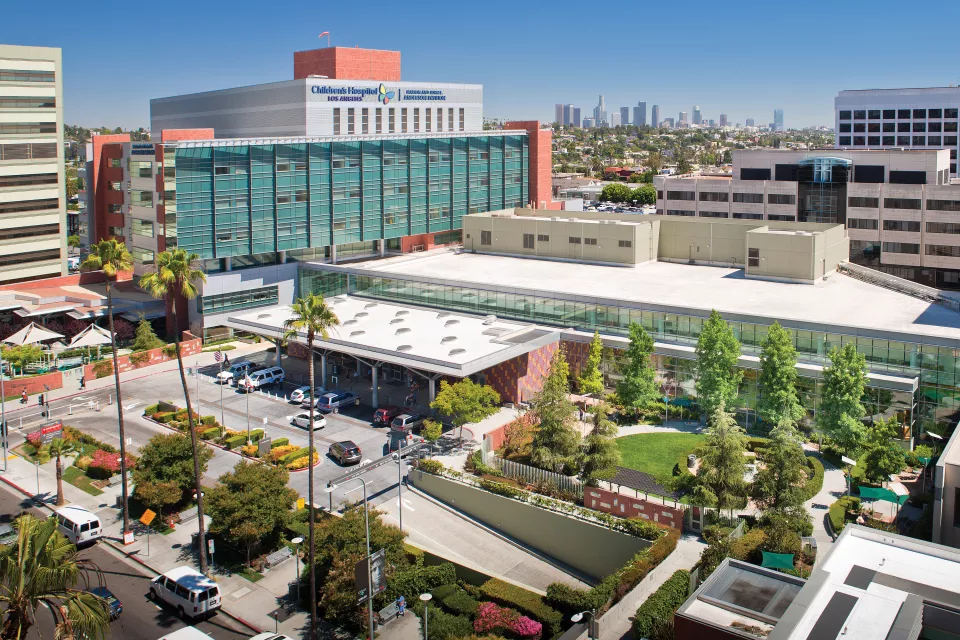Seizures are episodes of abnormal repetitive electrical activity in the brain that can last seconds to hours. They can cause a range of symptoms including alteration in awareness, abnormal facial movements, or jerking and stiffening of the limbs. Status epilepticus refers to seizures that last longer than 5 minutes and may not stop on their own.
Prolonged seizures increase the risk of brain injury and respiratory problems. If left untreated, this condition can sometimes be fatal.
Timely treatment is essential because prolonged seizures can be challenging to stop. With successful management of status epilepticus, most children make a full recovery.
Status Epilepticus Causes and Risk Factors
This condition can occur in a small number of children with epilepsy. It is more likely to happen with epilepsy that is poorly controlled. Abruptly stopping antiseizure medications may also trigger status epilepticus.
More commonly, status epilepticus is a complication of other medical problems. Children who have had previous status epilepticus episodes have a higher risk.
Potential causes of status epilepticus in children include:
- Infection
- Hypoxia
- Trauma
- Glucose and electrolyte imbalance
- Stroke
- Brain tumor
Types of Status Epilepticus
There are two types:
- Convulsive status epilepticus causes an alteration in awareness with physical symptoms including jerking and stiffening of the limbs.
- Non-convulsive status epilepticus causes an alteration in awareness without physical symptoms.
Status Epilepticus Symptoms
Symptoms of status epilepticus may include:
- Blank stare
- Confusion
- Facial twitching
- Twitching or jerking of the limbs
- Stiffening of the limbs
Status Epilepticus Diagnosis
Diagnosing status epilepticus involves taking a careful history and confirming seizures on examination or electroencephalogram (EEG).
Care may include:
- Electroencephalogram (EEG) to detect electrical activity in the brain, including seizures
- Brain imaging, such as a CT scan or MRI to rule out a brain tumor or other causes
- Blood tests to check for glucose and electrolyte abnormalities
- Lumbar puncture to evaluate for an infection or metabolic disorder
Status Epilepticus Treatment
Status epilepticus requires immediate treatment.
At-home treatment of status epilepticus
If a prolonged seizure occurs at home:
- Give emergency (rescue) medications as prescribed by your child’s doctor.
- Protect your child from self-injury by placing your child on a safe surface such as the floor, turning your child on their side and timing the seizure.
- Call 911 for seizures that do not respond to rescue medications or if your child has difficulty breathing.
Hospital care for status epilepticus
Inpatient care for status epilepticus includes administering medications to stop the seizures.
Medications to treat status epilepticus may include:
- Benzodiazepines
- Phenobarbital
- Phenytoin
- Levetiracetam
- Valproic acid
Care may also includes monitoring:
- Glucose and electrolytes
- Brain waves on EEG
- Vital signs such as heart rate, respiratory rate and oxygen saturation
Treatment for Status Epilepticus at Children’s Hospital Los Angeles
Learn more about status epilepticus treatments available through our nationally recognized Comprehensive Epilepsy Center.
